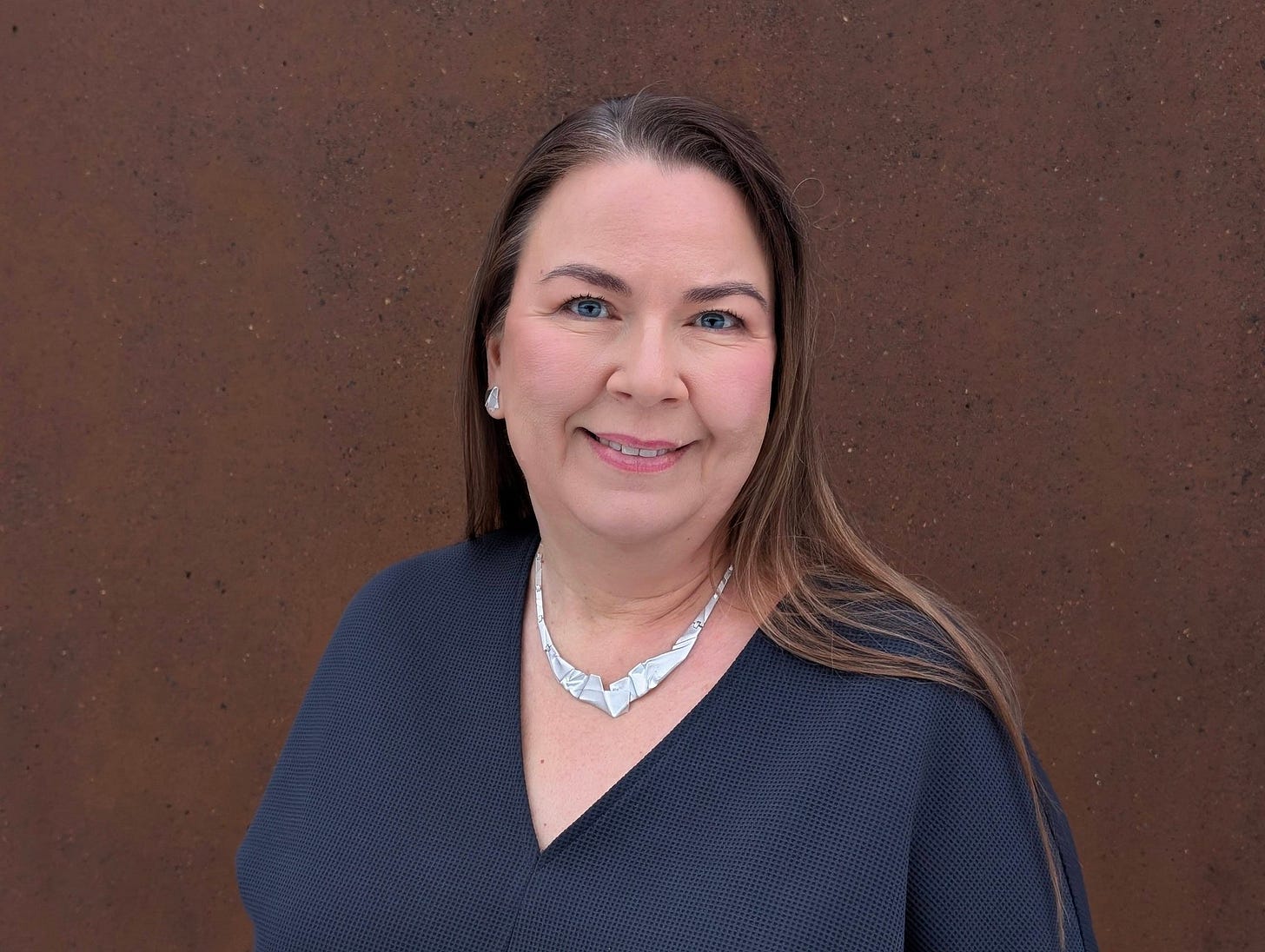Influence with integrity — Responsible influence certification gains ground in Europe
Industry dialogue emerges around potential influencer certification
Several European countries have introduced influencer certification programs aimed at improving transparency and professionalism in influencer marketing. The European Advertising Standards Alliance (EASA) and its network of national self-regulatory organisations (SROs) have launched the adEthics initiative providing training and certification.
France and the Netherlands are among the counties currently operating influencer certification programs, while others are reportedly considering similar measures.
Finnish influencers take initial steps toward professional organisation
The economic volume of influencer marketing in Finland in 2024 was estimated to be just under 60 Million euros in 2024, the IAB Finland influencer industry working group estimates. The industry grew by 6 percent compared to the previous year.
While influencer marketing economically represents a small share of digital advertising, influencers have a huge societal impact—with potential for both positive and harmful outcomes. From highly professional media entrepreneurs and devoted creators engaging niche audiences to casual content producers doing the occasional commercial collaboration, the industry spans the full spectrum of professionalism.
Marketing Finland, the network of marketing and communications professionals shaping industry regulations and recognition, has established an influencer working group to promote and develop the influencer marketing sector. This indicates a growing recognition of the need for shared standards and professional self-regulation.
France’s certification program set an early example
In France, influencer marketing amounted to approximately €519 million in 2024, representing roughly 1.5% of the total advertising market, according to the advertising self-regulatory body ARPP figures (pdf).
France introduced the Responsible Influence Certificate in September 2021, updating it in April 2025. Since 2021, ARPP’s influencer marketing monitoring body, Observatoire de l’Influence Responsable, has used AI tools such as Reech and Traackr to monitor influencer content on social media platforms. ARPP reports a significant improvement in the practices of commercial collaborations among content creators over the years.
While several years in operation, the French certification scheme still needs to raise awareness. Last year, only 25% of national advertisers (around 500 companies) were aware of the system, but the those who were aware, considered the certificate important.
Data on influencer awareness of the certification was not easily findable. ARPP has taken steps to inform creators through campaigns and outreach efforts, providing support and resources for certified influencers.
The Netherlands: Certification and public register
The Netherlands introduced its own certificate and public register—'Certified by influencerregels.com'—in April 2024. Like the French model, the Dutch certification involves completing an e-learning course and passing an exam, demonstrating knowledge of relevant marketing regulations and ethical standards. After earning the certificate, influencers are added to a public register.
The system was created jointly by The Advertising Code Foundation, the Data-Driven Marketing Association (DDMA) and the Dutch Association of Advertisers (Bond van adverteerders – BvA). The Advertising Code Foundation monitors content compliance. (Source: National rules applicable to influencers, European Audiovisual Observatory, Strasbourg 2024).
By the end of the year, 2,000 influencers had already been certified.
The national professionalisation developments described above unfold against the backdrop of an industry in transformation, as signalled by the Influencer Marketing Benchmark Report 2025:
Nano-influencers accounted for 75.9% of Instagram’s influencer base in 2024
73% of marketers believe influencer marketing can be largely automated by AI
Influencer marketing is projected to reach $32.55 billion globally by 2025.
While the next phase of influencer marketing is increasingly shaped by global scale and AI automation, Europe seeks trust and transparency via influencer education.


